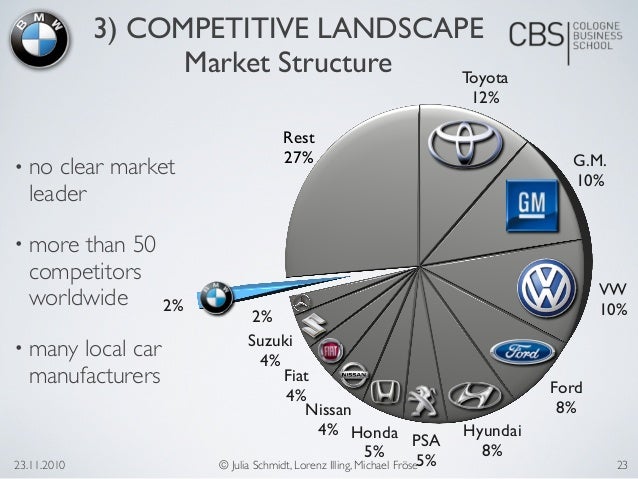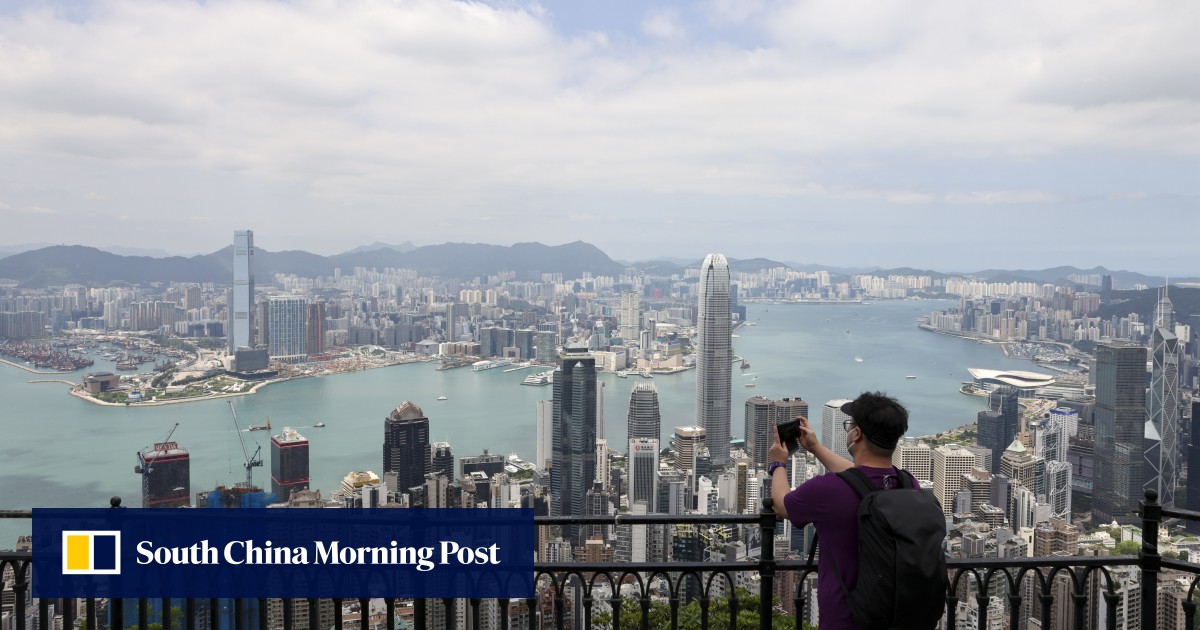China's Impact On BMW And Porsche Sales: Market Analysis And Future Outlook

Table of Contents
China's Booming Luxury Car Market and its Effect on BMW Sales
The Chinese luxury car market is experiencing explosive growth, fueled by a burgeoning middle class and a rising desire for premium vehicles. This surge has significantly impacted BMW's sales, making China a critical region for the German automaker. BMW's market share in China, while substantial, faces constant pressure from competitors.
- Quantifying Growth: The luxury car segment in China has seen double-digit annual growth for several years, outpacing the overall automotive market.
- BMW's Market Share: While BMW holds a strong position, its market share in China is contested by Mercedes-Benz and Audi, leading to intense competition.
- Popular BMW Models: The BMW X series (SUVs) and the 5 Series sedan have proven particularly popular in China, reflecting the local preference for spacious vehicles and strong brand recognition.
- Localization Strategies: BMW has invested heavily in local production and marketing tailored to Chinese consumer preferences, including localized features and marketing campaigns that resonate with the culture. This strategy is crucial for maintaining a competitive edge.
Porsche's Success in China and its Future Prospects
Porsche has also experienced remarkable success in the Chinese market, establishing a strong brand presence and achieving impressive sales figures. However, the brand is navigating the shift towards electric vehicles (EVs), a key aspect of its future growth strategy in China.
- Market Share and Growth: Porsche's growth trajectory in China reflects the increasing appeal of its sports cars and SUVs among affluent Chinese consumers.
- Popular Porsche Models: The Cayenne SUV and the Macan have been particularly successful, appealing to the Chinese preference for SUVs, while the iconic 911 sports car maintains its prestige.
- Electric Vehicle Strategy: The introduction of the Taycan, Porsche's fully electric sports sedan, marks a significant step in its electrification strategy for the Chinese market, crucial in meeting government emission targets.
- Challenges and Opportunities: While Porsche faces competition from established luxury brands and the rise of domestic Chinese automakers, the growing demand for luxury EVs presents significant opportunities for future expansion.
Factors Influencing Sales: Economic Growth, Consumer Preferences, and Government Policies
Several key factors influence BMW and Porsche sales in China. Economic growth significantly impacts consumer spending on luxury goods, while evolving consumer preferences drive demand for specific vehicle types. Furthermore, government policies play a crucial role.
- Economic Fluctuations: Economic downturns can affect luxury car purchases, leading to decreased sales. Conversely, periods of strong economic growth generally boost demand.
- Changing Consumer Preferences: The preference for SUVs has increased considerably in China, impacting the sales mix for both BMW and Porsche. The growing interest in electric vehicles also shapes the market dynamics.
- Government Regulations and Incentives: Government policies, including import tariffs, environmental regulations, and incentives for electric vehicle adoption, influence market access and sales strategies for automakers.
Competitive Landscape and Future Outlook for BMW and Porsche in China
The competitive landscape in China's automotive market is intense. Domestic Chinese automakers are rapidly improving their product quality and brand image, posing a significant challenge to established international brands like BMW and Porsche. Tesla's presence further intensifies the competition.
- Key Competitors: Mercedes-Benz, Audi, Tesla, and several rising Chinese automakers are key competitors, each employing diverse strategies to gain market share.
- Impact of Electric Vehicle Adoption: The rapid adoption of electric vehicles in China is reshaping the market, forcing traditional automakers to adapt their strategies to remain competitive.
- Long-Term Growth Potential: Despite challenges, the long-term growth potential for luxury car brands in China remains substantial, driven by continued economic development and a growing affluent population.
- Market Share Predictions: Maintaining and potentially increasing market share will require significant investment in electric vehicle technology, localized production, and marketing that resonates with evolving Chinese consumer preferences.
Conclusion
China's influence on BMW and Porsche sales is undeniable. The Chinese market's rapid growth, changing consumer preferences, and evolving regulatory landscape present both significant opportunities and challenges for these luxury automakers. Their success hinges on adapting to the market's dynamic nature, investing in electric vehicle technologies, and strategically catering to the unique preferences of Chinese consumers. Stay tuned for further updates on China's impact on BMW and Porsche sales, and continue to explore the dynamic landscape of the Chinese automotive market.

Featured Posts
-
 Cellnex Telecom Network Transformation And Uk Market Expansion Plans
Apr 25, 2025
Cellnex Telecom Network Transformation And Uk Market Expansion Plans
Apr 25, 2025 -
 The High Cost Of Protectionism Renaults Us Sports Car Project And Trumps Tariffs
Apr 25, 2025
The High Cost Of Protectionism Renaults Us Sports Car Project And Trumps Tariffs
Apr 25, 2025 -
 Bayern Munich Stunned By Late Union Berlin Equaliser
Apr 25, 2025
Bayern Munich Stunned By Late Union Berlin Equaliser
Apr 25, 2025 -
 Ubs Downgrades Hong Kong Upgrades India Economic Outlook
Apr 25, 2025
Ubs Downgrades Hong Kong Upgrades India Economic Outlook
Apr 25, 2025 -
 Addressing Abuse In The Catholic Church Evaluating Pope Francis Reforms And The Challenges Ahead
Apr 25, 2025
Addressing Abuse In The Catholic Church Evaluating Pope Francis Reforms And The Challenges Ahead
Apr 25, 2025
Latest Posts
-
 Los Angeles Palisades Fire A List Of Celebrities Whose Homes Were Damaged Or Destroyed
Apr 26, 2025
Los Angeles Palisades Fire A List Of Celebrities Whose Homes Were Damaged Or Destroyed
Apr 26, 2025 -
 The China Factor Analyzing The Difficulties Faced By Bmw Porsche And Other Auto Brands
Apr 26, 2025
The China Factor Analyzing The Difficulties Faced By Bmw Porsche And Other Auto Brands
Apr 26, 2025 -
 The Growing Problem Of Betting On Natural Disasters Focus On Los Angeles
Apr 26, 2025
The Growing Problem Of Betting On Natural Disasters Focus On Los Angeles
Apr 26, 2025 -
 Los Angeles Wildfires A Case Study In Disaster Speculation
Apr 26, 2025
Los Angeles Wildfires A Case Study In Disaster Speculation
Apr 26, 2025 -
 How Middle Management Drives Company Growth And Employee Development
Apr 26, 2025
How Middle Management Drives Company Growth And Employee Development
Apr 26, 2025
